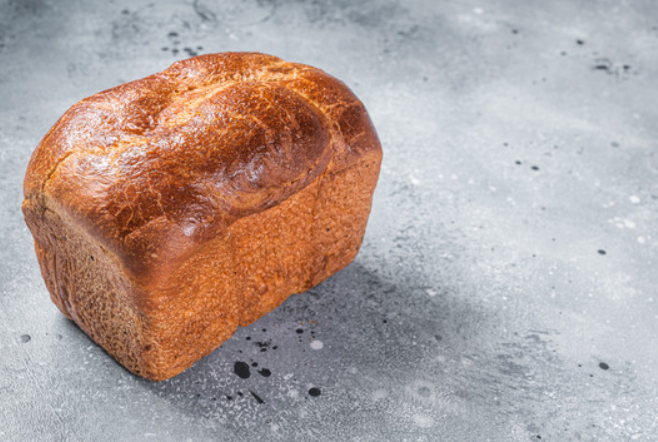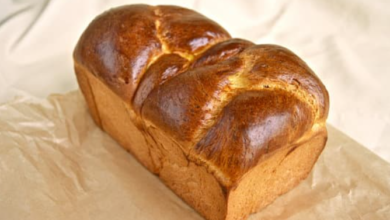Is Brioche Whole Grain? Here’s How You Can Tell

What To Know
- This blog post delves into the nutritional composition of brioche, exploring whether it qualifies as a whole grain bread and its potential health implications.
- Based on the ingredients used in traditional brioche, it is not considered a whole grain bread.
- While brioche is not a whole grain bread, it can still be enjoyed as an occasional treat.
Brioche, a beloved French pastry, has captured the hearts of bread enthusiasts worldwide. Its buttery, golden crust and fluffy interior make it an irresistible treat. However, one question that often arises is: is brioche whole grain? This blog post delves into the nutritional composition of brioche, exploring whether it qualifies as a whole grain bread and its potential health implications.
What is Whole Grain?
Before addressing the question of whether brioche is whole grain, it’s essential to understand what constitutes whole grain. Whole grains are unrefined grains that contain all three parts of the grain: the bran, germ, and endosperm. These components provide a wealth of nutrients, including fiber, vitamins, minerals, and antioxidants.
The Ingredients of Brioche
Traditional brioche is made with white flour, butter, eggs, sugar, and yeast. White flour is refined flour that has been stripped of its bran and germ, leaving only the endosperm. This process removes a significant portion of the grain’s nutrients.
Is Brioche Whole Grain?
Based on the ingredients used in traditional brioche, it is not considered a whole grain bread. White flour, the primary ingredient in brioche, does not meet the criteria of containing all three parts of the grain.
Nutritional Value of Brioche
While brioche is not a whole grain bread, it still provides some nutritional value. It is a good source of carbohydrates, providing energy for the body. It also contains some protein and fat. However, due to its high butter content, brioche is also relatively high in saturated fat.
Health Implications of Eating Brioche
Eating brioche in moderation is unlikely to have any adverse health effects. However, due to its high saturated fat content, excessive consumption may increase the risk of heart disease, stroke, and other health issues.
Benefits of Whole Grain Breads
Whole grain breads offer a range of health benefits compared to refined grain breads like brioche. They are higher in fiber, which promotes satiety, helps regulate blood sugar levels, and supports digestive health. Whole grains are also rich in vitamins, minerals, and antioxidants, which contribute to overall well-being.
Choosing Healthy Bread Options
When selecting bread, opt for whole grain varieties whenever possible. Look for breads that list whole wheat flour or whole grain flour as the first ingredient. Whole grain breads provide a more balanced nutritional profile and support better health outcomes.
Summary: Enjoying Brioche in Moderation
While brioche is not a whole grain bread, it can still be enjoyed as an occasional treat. However, it’s important to consume it in moderation and balance it with other healthier bread options. By making informed choices about our bread consumption, we can maintain a balanced diet and reap the benefits of whole grains.
Top Questions Asked
Q: Why is brioche not considered whole grain?
A: Traditional brioche is made with white flour, which is a refined grain that lacks the bran and germ.
Q: Is brioche healthy?
A: Brioche is not as healthy as whole grain bread due to its high saturated fat content. However, it can be enjoyed in moderation.
Q: What are the health benefits of whole grain breads?
A: Whole grain breads are high in fiber, vitamins, minerals, and antioxidants, which promote satiety, regulate blood sugar levels, and support digestive health.
Q: How can I tell if a bread is whole grain?
A: Check the ingredient list and ensure that whole wheat flour or whole grain flour is listed as the first ingredient.
Q: What are some healthy bread options?
A: Look for breads made with whole grains, such as whole wheat, rye, or oatmeal bread.




